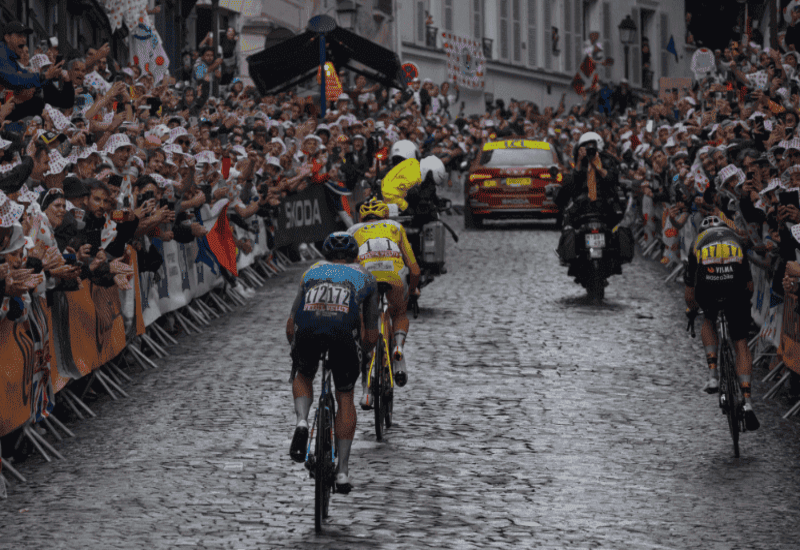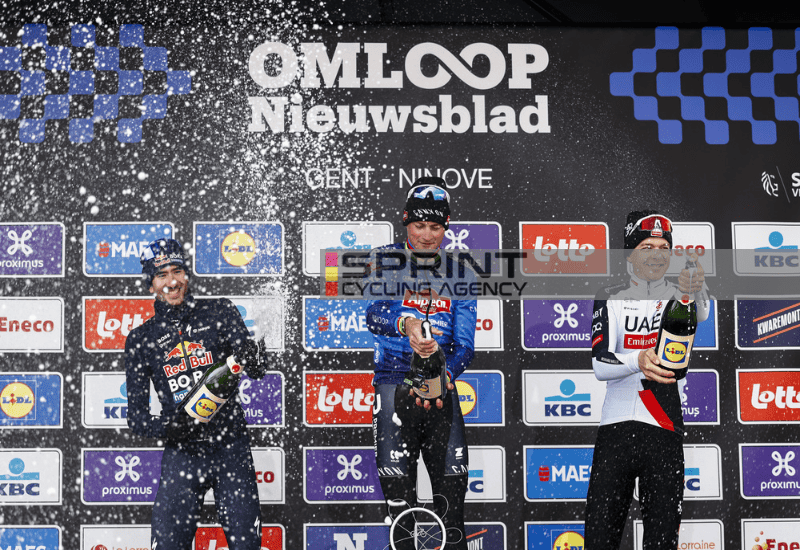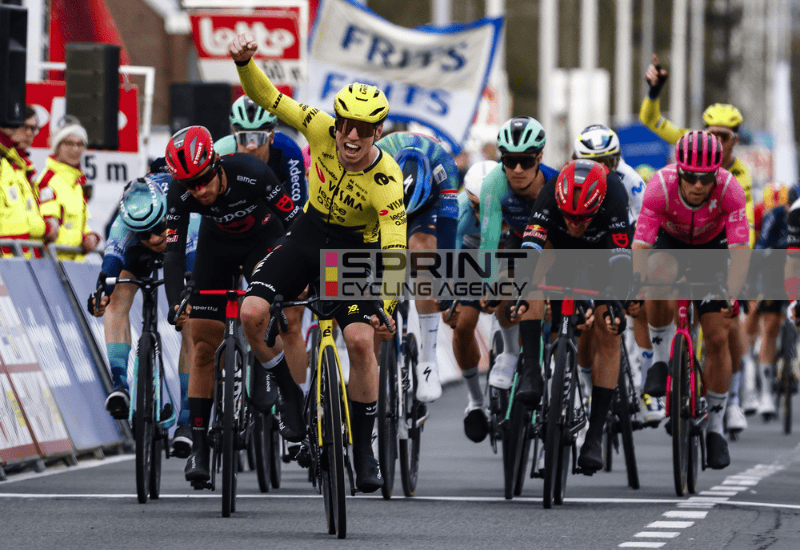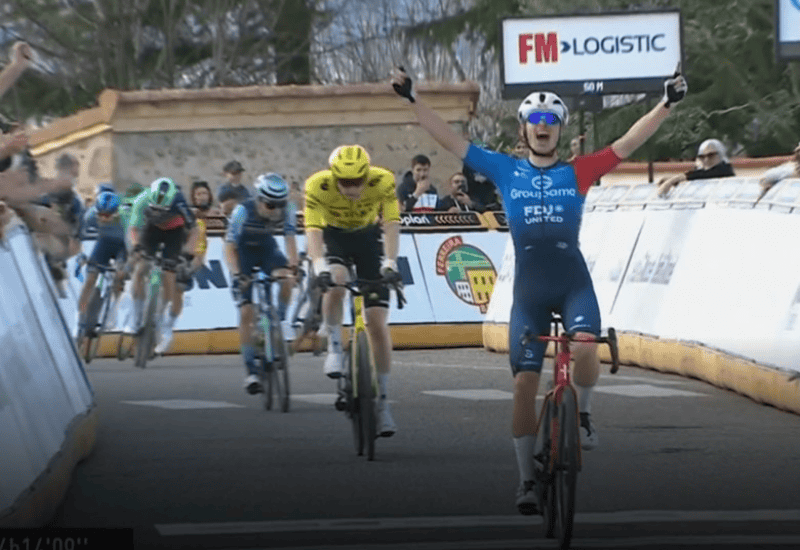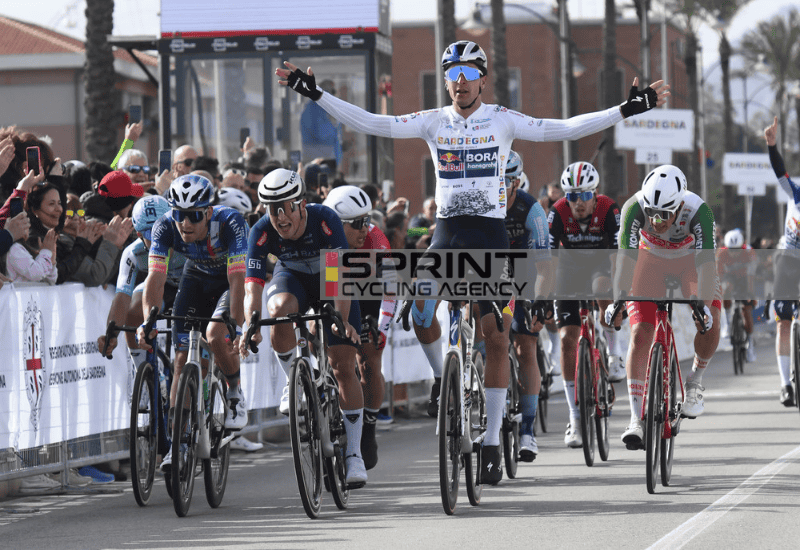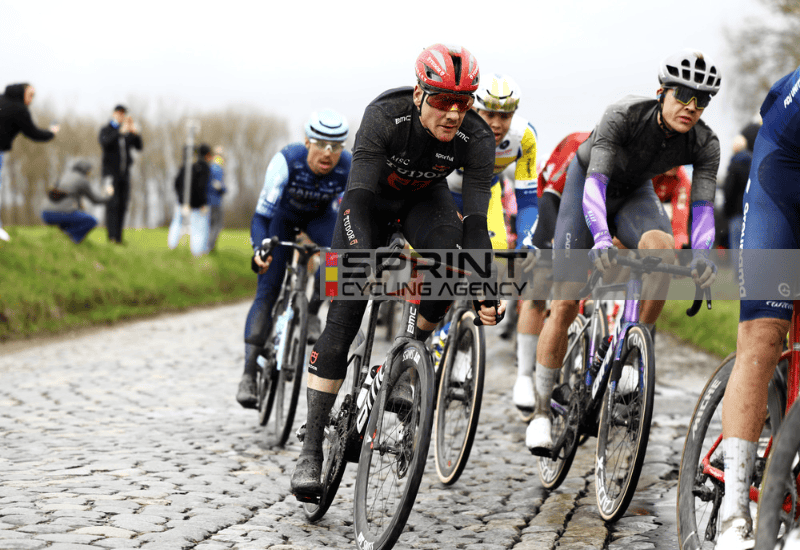The UCI president analyses the difficult situation of some professional teams
The challenging situation facing some cycling teams is causing concern in the professional cycling world. Arkea was forced to close its doors, while Intermarché Wanty merged with Lotto to avoid extinction. Furthermore, there are the ongoing difficulties facing many professional and continental teams, which is why the issue of imposing budget caps on teams as a basic management rule is once again being discussed.
The president of the International Cycling Union , David Lappartient , also spoke about the issue in an interview with Ouest France: “It's clear, there are the bigger teams that have very significant budgets; so, if before a relatively modest sum was enough for you to achieve important results, today with that sum you have to sit back and watch,” said Lappartient. “We had considered introducing a budget limit for all teams , but, paradoxically, it was the teams themselves who didn't want it.
I was very surprised that it was precisely the smaller teams that rejected the proposal. My opinion is that they made a mistake, because, having reached the point where we are now, it seems necessary to intervene to level the playing field. I don't understand why they would vote against it if they believe that the financial model on which cycling is based needs to change.
The UCI president explains that "with the spending cap rule in place, if a team exceeded that limit, it would have to pay a fine that would then be redistributed to the other teams, and therefore there would be a regulatory mechanism in place. Then, if you look at the history of cycling, there have always been cases where certain teams dominated. Just think of the 1986 Tour de France , when La Vie Claire riders finished first (Greg Lemond), second (Bernard Hinault), fourth (Andrew Hampsten), and seventh (Niki Rüttimann) in the final classification."
Photo: Sprint Cycling Agency
